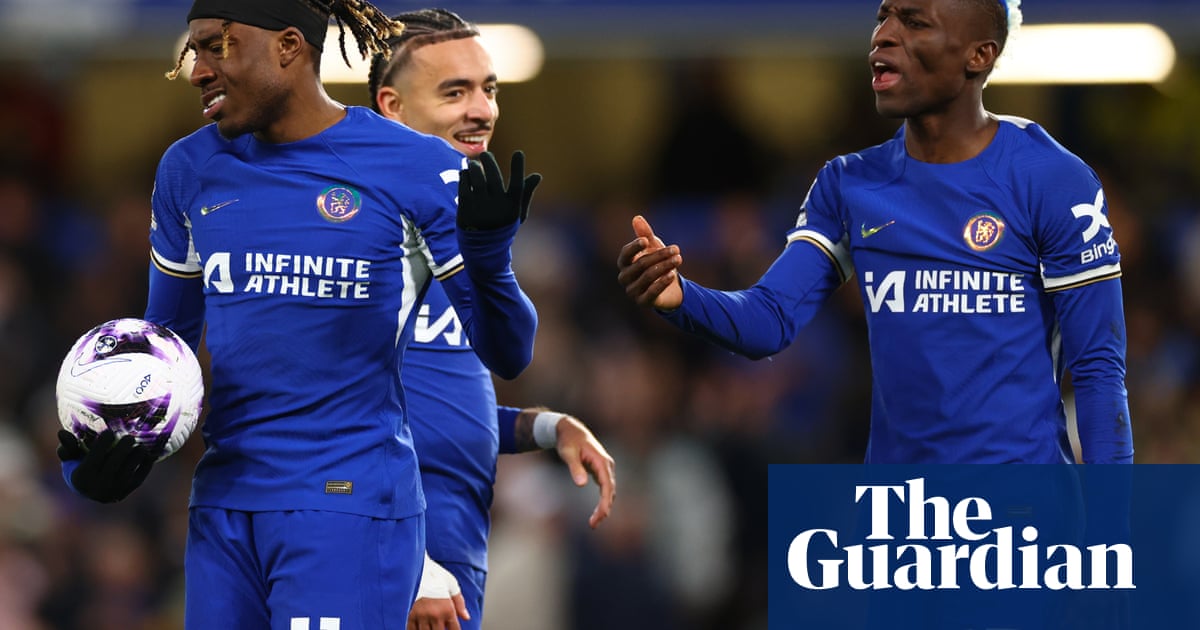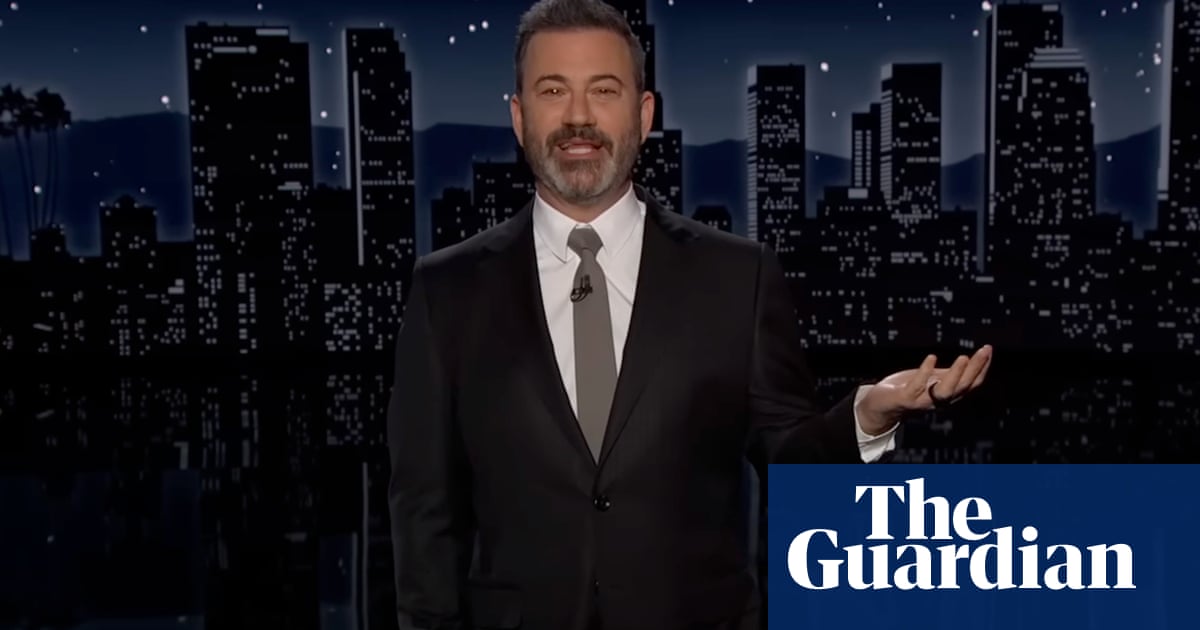
Alix Popham, 41, played for Newport, Leeds, Llanelli Scarlets and Brive, and won 33 Wales caps between 2003 and 2008. He is one of a group of retired rugby players who have been diagnosed with probable chronic traumatic encephalopathy, a degenerative brain disease caused by repeated blows to the head. CTE, which can only be fully diagnosed postmortem, was first observed in boxers in the 1920s, who were labelled “punch drunk”. In 2005 the pathologist Dr Bennet Omalu found the first evidence of it in the brain of a former NFL player, Mike Webster, and in the years since it has been diagnosed in retired athletes from a range of collision sports, including ice hockey, Australian rules football, and now, rugby union.
The Hollywood version of Omalu’s story was told in the Will Smith film Concussion. Omalu is an outspoken campaigner against collision sports and a controversial figure within the community of doctors, scientists, and academics working in this area. Many experts believe that he misrepresents the science of CTE, and the risks involved in collision sports. But he remains an influential advocate. And Popham, who has recently set up a new foundation to advance research into neurodegenerative disease in the UK, was keen to talk to him about his experiences. The Guardian sat in on their conversation, which has been edited for length and clarity.
Omalu: The issues we are dealing with are cultural, and culture is not objective. But we know there is no such thing as a safe, violent blow to the human head. That is a scientific fact. But because of culture, we develop alternative truths to serve our convenience. Modern society is enraptured with violence in sports. Some of the most popular sports in America and in Europe – rugby, football, mixed martial arts, wrestling – these are very violent sports. These are games where in every play there is exposure to traumatic brain injury.
Popham: And how long have we known that this was a problem?
Omalu: Hippocrates was the one who first described concussion. They used to call it commotio cerebri. By the Renaissance, European doctors had already established that when you suffer brain trauma it is permanent. They had different names for it, at some points they call it traumatic encephalitis, and they called it traumatic neurosis, and traumatic psychosis. So this has been established for centuries. But as we got into the 20th century, sports became big business, there was a conflict between the health of the players and the money the investors make. And like in everything in life, money prevailed.
I’ll tell you the truth, the blunt truth, the radical truth: we don’t have any cure for your disease. All medicine can do for you today is help you to manage your symptoms. What I’ve noticed, personally, is that retired players who have good family support generally do better. Players who have good nuclear families, who have support from their wives, children, parents, brothers and sisters, they do much better than others who don’t have such support.
Popham: I’ve got a good family.
Omalu: What else can people like you do? What you can do is engage with the culture. I believe culture is like a big plane that needs turning, it may take time, it may take one generation, or two. But as long as people like you and I, no matter how unpopular it may be, stand firm in that truth, and pronounce it without any fear of failure, it will gradually begin to impact people’s lives, one person at a time. I remember when I said for the first time I do not think any child under the age of 18 should play any of the high-impact, high-contact sports. I was called all types of names. I’m not popular in the sports industry, or even in the medical industry, because I say it as it is.
We don’t let a child smoke a single cigarette. But we’ll take a child to the field on a Saturday and let him receive tens of blows to his head. Which is more dangerous? A single cigarette? Or repeated blows to the head? But society seems to believe that yes, a child can receive repeated blows to the head, but a child can’t drink a glass of fine wine. That is paradoxical. I don’t get it. So for the love of mankind, you could use your platform to instigate the discussion.
Popham: And that’s what we want to do.
Omalu: Knowing what we know today, there is no reason whatsoever a child under the age of 18 should play rugby. We also need to modify soccer for children. There is no reason a human being should use his head to stop a ball travelling at high speed. So remove heading from soccer! Soccer will still be a very fun sport for children without heading. Adults have the liberty, freedom and free will to do whatever they want, but not children. So we must make such modifications for younger children, they must not play soccer the way it’s played now. But there are some very powerful interests that are making billions of dollars all over the world, and they will do anything within their means to uphold the status quo. It’s all about power and money. And then they sacrifice less powerful people, like the players.
Popham: It’s just a conveyor belt. So when I finished when I was 31, I was off the conveyor belt and the next player was in. And you’re not thought of afterwards, despite all the injuries and other problems that have resulted from playing rugby. I have a question on American football, and the changes that they’ve made by reducing the amount of contact in training: an American football player now will be involved in 30 days of contact per year, a rugby player could be in over 150 days of contact per year, just because of the amount they train. What are your thoughts on that?
Omalu: I’m also an epidemiologist. I study risk. And in risk management, what you do is you mitigate the risk exposure as much as you can. When it comes to contact sports, an analogy is fire: fire is dangerous. Even if you apply technology and reduce fire to a cigarette lighter, that fire is still dangerous. So: contact for 30 days a year is still significant, it’s still significant, but it is better than contact for 150 days. So the rugby industry needs to accept and recognise the dangers of rugby. Enough of the denial.
It’s happening in America today: participation in football has dropped drastically. In California, high schools are beginning to close their football programmes, because parents are no longer letting their kids play. Football is beginning to adopt the epidemiology of sexually transmitted disease: something that has happens to the lower socioeconomic class, because of lower education. So now lawyers, doctors, judges, engineers, their kids aren’t going to play. Like my son. I’m a physician, on a Saturday morning my son is on his computer learning how to code, OK? But some other black kid from a lower socioeconomic class, he will be out on a field damaging his brain.
Popham: I was worried that I was losing a lot of my memory. A lot of my career I only know things happened because I’ve got a jersey or a photo or a video of the game. I speak regularly with a neuropsychologist, and he said to me that my brain was so inflamed that I wasn’t storing any memories. Like I was taking the pictures, but there was no film in the camera. I met Nelson Mandela before one of the games I played for Wales. And I had a big concussion in the game. My temple hit a South African player’s hip and I was out on the pitch, I swallowed my tongue and I had to have that taken out, and I woke up in hospital. And I’ve got no recollection of being in that stadium in front of 80,000 people or even meeting Mandela.
Omalu: Amnesia, memory loss, is a very well-established symptom of brain trauma. But these [initial] symptoms were not incapacitating symptoms, so you did not really recognise them to be symptoms. And because it’s a progressive disease, as time goes on there is a point where they begin to affect your daily living. And that is when you start to notice what is going on.
Popham: Yes. And I know that when I first started having the testing done, there were 12 or 13 boys similar to me. Now there’s over 200 players in the UK, in New Zealand, in Australia, and the numbers, unfortunately, are growing every day.
Omalu: In the UK you need a settlement whereby the league should set aside a certain proportion of their profits to take care of the retired players. Rather than a one-time settlement, I would prefer an annual or monthly payment until the player dies. Almost like an injury pension.
And they also take care of the healthcare expenses of the players, some type of specialised health insurance for the retired players. And then secondly, you need to establish one or two centres of excellence for the treatment of people like you, because this is outside the area of expertise of the average general practitioner.
But here in the United States what they did was more or less just a one-time settlement.
It was like they wanted to wash their hands and get it done with. And I don’t blame them. Players need to realise that these associations, the NFL or whoever, are not in business to provide healthcare. They are not in business to take care of people like you. We need to be honest with ourselves. Their business is to provide entertainment, and make money. That’s their business. To tell them now that their players are suffering the health effects of playing, that’s not their business.
Popham: We want to sit down with the governing bodies and work this out, to protect the game, protect the players who are still playing, and the future generations, and make the game as safe as possible. Ninety‑nine per cent of the people who are involved in rugby, the media, the current players, the retired players, can see what we’re doing.
Omalu: Don’t be afraid. They are going to come after you, they are going to call you all types of names, don’t worry about it, just speak your truth quietly and clearly and respectfully, and let people know you are not against rugby, you just want to improve the quality of life for your fellow human beings. That is what this is all about. People respect retired players, but you need to realise they are going to come with a counter-narrative to counter whatever you are doing, so you need to develop your own strategy. In my interactions with the NFL what I did was focus on the angle of a shared common humanity: that if I wouldn’t let my son play, why would I let someone else’s son play? We all are one, we want to see the upliftment of everybody, of all rugby players, they can’t beat that. All right.”












